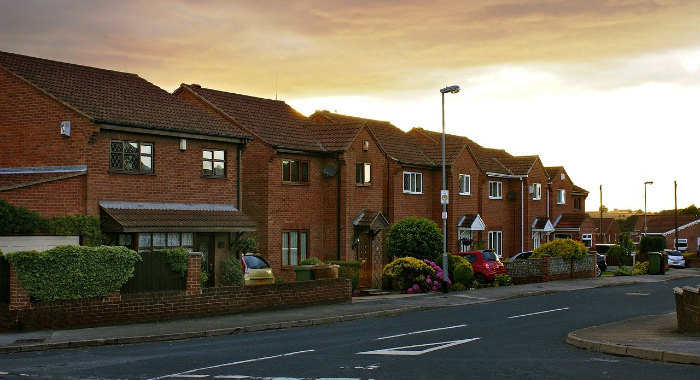Only 63% of people who do not own a property would like to buy a home of their own, according to new research conducted by Engen Group, the UK-based innovation and property business.
Almost one quarter of those surveyed (23%) did not want to own their own home, while 14% were unsure. Of those who were against the idea, 52% said that they preferred to rent and 28% said they used to own property but would not want to do so again.
A further 14% considered buying a property too expensive and 7% thought they were now too old to do so.
Of those adults who live at home with family, 32% said it’s because they can’t afford to move out, although one fifth (21%) are quite content living with family. Furthermore, 19% are only living at home as a temporary measure while they save for something specific such as the deposit for a house or to go travelling.
A majority still want to buy
Graeme Boiardini, CEO of Engen Group, which focuses on addressing environmental challenges such as affordable and sustainable housing, has commented on the findings.
The research shows, he says, that there is a sizeable minority who do not own their own home and have no desire to do so, with many preferring the flexibility of renting.
On the other hand, there is still a substantial majority of people who would like to get their foot on the property ladder but are unable to do so because of the cost. It is regrettable, he concluded, that there are some who have given up hope of ever owning a property because of their age, believing they have left it too late to obtain a mortgage.
However, many people are making sacrifices in order to afford to buy their first home. Almost 20% of would-be home owners take on two jobs, according to the research.
Strategies for saving money
Other strategies included borrowing money from family members (16%), selling valuable possessions they were emotionally attached to (6%) and buying a house with a sibling or relative (3%) or with a friend (2%)
Engen found that of those people not living with a family member, 57% claimed to make sacrifices to help pay for their housing costs. 43% of respondents went out to eat less often, while 4% claim to have cut back on buying medicine and seeking medical treatment.
Some cut back on exercise costs, such as going to the gym or booking classes (13%), while others tried to minimise heating costs (15%). Other plans of action included taking fewer holidays (35%) and buying fewer clothes (38%).
Much of the struggle to save for a home concerns rising property prices, with the average price in England standing at £251,000 as of September 2019, according to figures from the ONS.
Although it is not just millennials who have had to make sacrifices in order to buy a house. Many older generations believe they had just as hard a time with less government support. After all, over the last decade Help to Buy and Lifetime ISAs have resulted in government top-ups on money saved.
It is also the case that many baby boomers had to live at home with their parents until they had saved enough money to move out of the family home, and that may have included taking second jobs to reach their goal.




